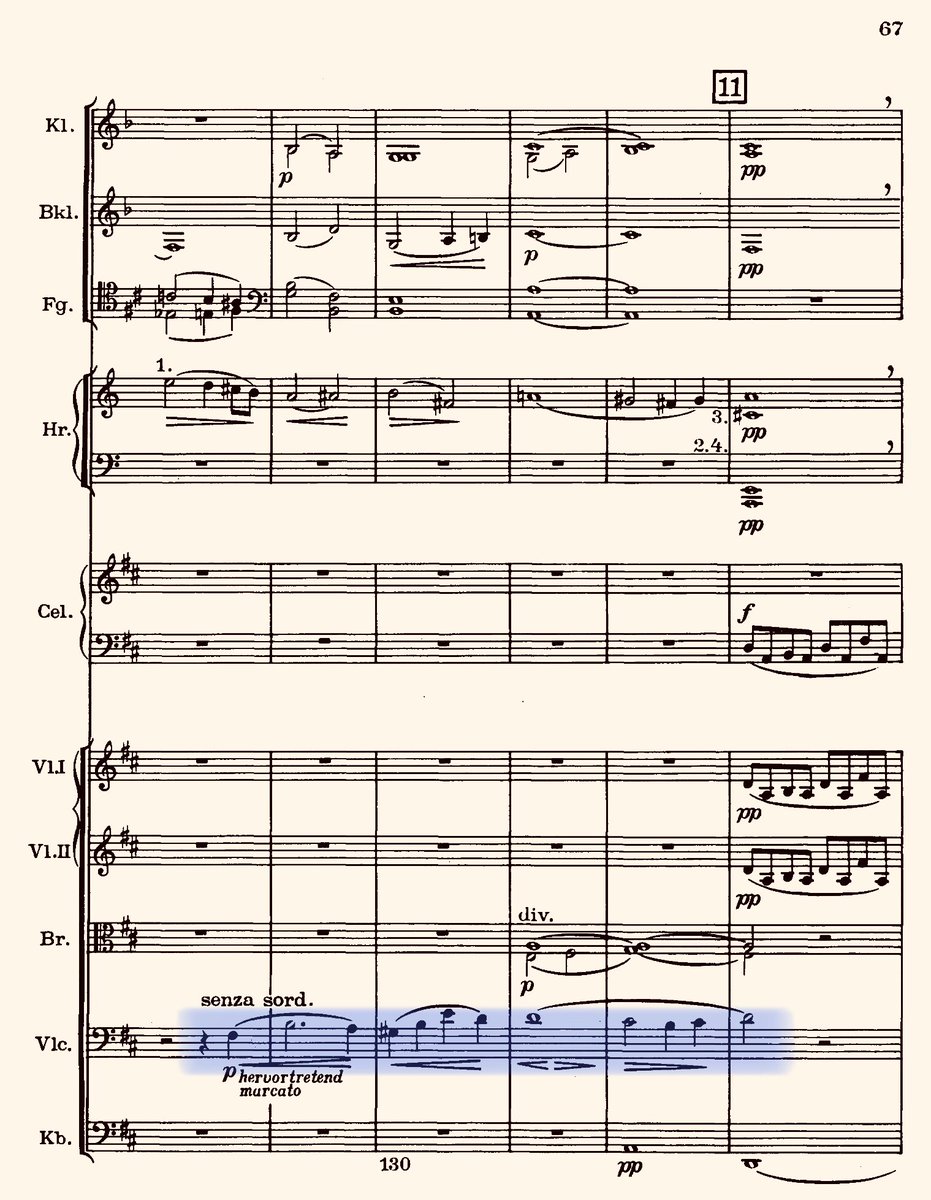
All that we see or seem Is but a dream within a dream—imagination creates reality; So bist du, o holde Kunst, wie Gottes Enkel.
How to get URL link on X (Twitter) App


 ...routinely dismissed his servants because he thought they were spying on him and rarely shied back from driving a hard bargain with his publishers.
...routinely dismissed his servants because he thought they were spying on him and rarely shied back from driving a hard bargain with his publishers.


 This is the house where Beethoven was born; at the time, it housed several families, among which were Beethoven‘s parents, Johann and Maria Magdalena in 1770.
This is the house where Beethoven was born; at the time, it housed several families, among which were Beethoven‘s parents, Johann and Maria Magdalena in 1770. 



 He notes that, in the poetic form, the refrain underlines the common factor of juxtaposed elements, while in the musical form, the repeated section is the main idea—and intervening sections only subordinate digressions.
He notes that, in the poetic form, the refrain underlines the common factor of juxtaposed elements, while in the musical form, the repeated section is the main idea—and intervening sections only subordinate digressions.






https://twitter.com/mikeirons12/status/1283798660799750147Opus 101


 This is part of the original programme to Mahler‘s First Symphony; last week I spoke of the humour in this movement, today I provide the picture Mahler had in mind when composing it—with the animals sarcastically solemn and gloomy, then bursting into a mood of merriment.
This is part of the original programme to Mahler‘s First Symphony; last week I spoke of the humour in this movement, today I provide the picture Mahler had in mind when composing it—with the animals sarcastically solemn and gloomy, then bursting into a mood of merriment.
 For Haydn and Beethoven, humour was an integral part of musical style. They often employ imitations of errors in performance to this end.
For Haydn and Beethoven, humour was an integral part of musical style. They often employ imitations of errors in performance to this end.
